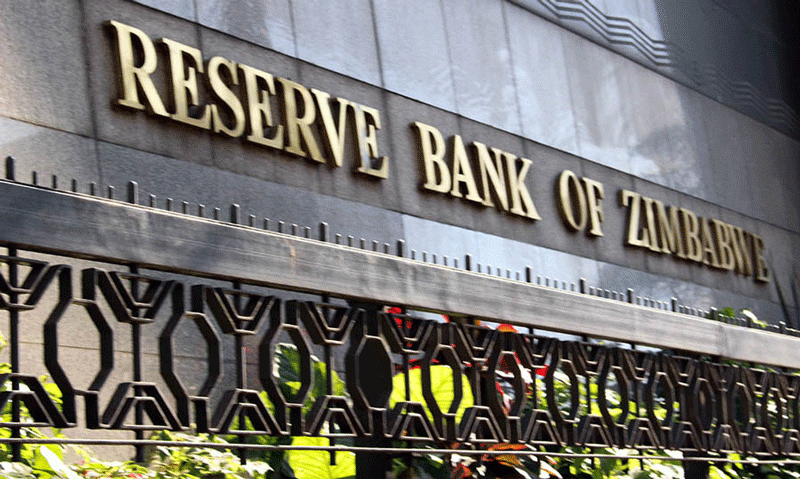
IN his 2023 national budget propositions, Finance minister Mthuli Ncube, announced new revenue collection measures with regard to mining royalties.
Although royalties have always been collected in cash, new measures have been put into place in line with government’s intention to build up precious mineral reserves while mitigating against revenue loss. Mining houses will, therefore, be required to remit royalties partially in the form of minerals and in cash as follows:
50% in the form of the mineral concerned and in the form of purity and quality of the mineral concerned as maybe prescribed;10% in foreign currency; and 40% in local currency.
The Reserve Bank of Zimbabwe (RBZ) has subsequently issued a statement on the matter, explaining further how this shall work. According to the bank, it intends to adhere to the legislative measures announced through the amendments to the Finance Act (Chapter 23:04) and RBZ Act (Chapter 22:15) which provide for the collection of 50% of royalties in the form on minerals. Such measures will be backdated to October 1, 2022.
From that date, the RBZ shall collect royalties in the form of gold and other reserve assets such as diamonds, platinum and lithium and any other precious stone or metal as specified by the bank from time-to-time. The intention is to collect and hold such reserve assets for the benefit of the country. These royalties shall be collected by the central bank itself. Only the cash portion shall be collectable by Zimbabwe Revenue Authority as has been the case.
The RBZ will have the full discretion on which minerals to collect depending on the prevailing market prices and value of such assets. Where the bank determines that it is not worth its while to collect the mineral, it will simply choose to be paid in cash. Such cash will be utilised by the bank to buy other precious mineral assets as it deems prudent.
So in effect, the RBZ is now the “asset manager” of mineral reserve assets of the country and this will be managed like any other investment portfolio with the aim of maximising value of reserves while minimising the risk of loss of value.
As we all know, the prices of metals fluctuate mainly depending on developments on the international markets, particularly demand pull from China and or any international conflict as has been the case in the Ukraine-Russia conflict.
- Interview: ‘Zim committed to tackling climate change’
- Finance minister reminded of PWDs
- ‘Zim needs infrastructure overhaul’
- Business sector plagued by uncertainty
Keep Reading
It will, therefore, be the responsibility of the RBZ to ensure that the portfolio of mineral assets that it holds is protected from loss of value over time.
The critical issues with this new approach are that; the RBZ should have within the bank the competencies to manage what will be a growing portfolio of precious mineral assets over time; that all assets will be fully accounted for at any given time; and that the reserve assets are utilised in a prudent manner for the benefit of the economy.
Collecting royalties in assets and not cash, although quite cumbersome, is not a bad idea at all, as it gives the RBZ the discretion of when to dispose of such assets and at what value, therefore, increase the possibility of maximising the value of royalties than collecting them as cash. It does appear though that there is unhappiness in some quarters as was witnessed when RBZ recently purchased an envelope of diamonds and there were complaints that this prejudiced the country from maximising revenue. According to RBZ governor John Mangudya in a recent interview, there was no prejudice whatsoever, as the ruling market price was paid.
I have always suggested that as a country we must try and build our own reserves of precious metals especially gold and diamonds, instead of us selling them at prices that we do not control.
The build-up of such reserves has the possibility of strengthening our currency while ensuring that we can cushion ourselves from exogenous market shocks that may occur from time-to-time.
It will also ensure that we choose when to sell, especially when prices are bullish and thus maximise value.
- Vince Musewe is an independent economist. You can contact him directly on [email protected]









